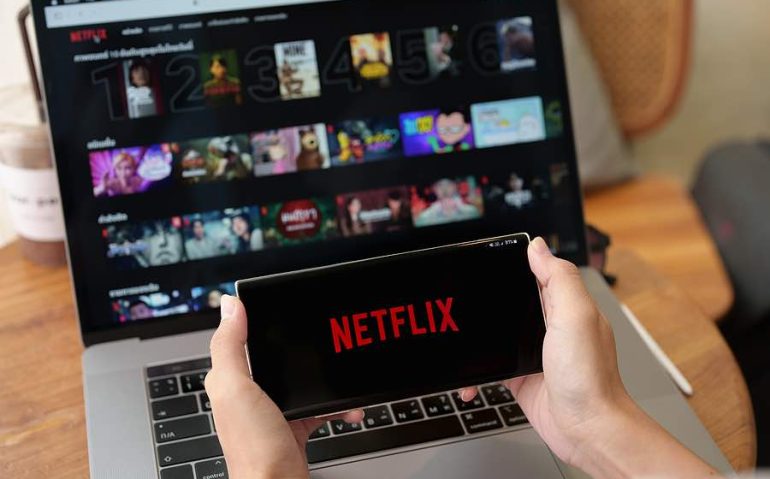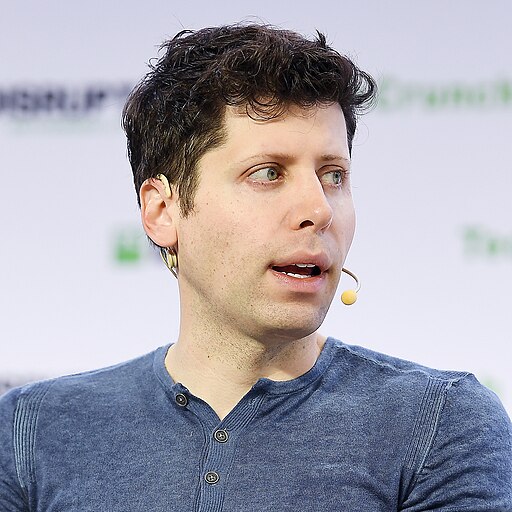As the Writers Guild of America (WGA) strike, reflecting a battle for writers’ rights and fair compensation, Netflix, one of the world’s most influential entertainment services, takes a controversial step that seems to straddle the line between progress and irony. They recently posted a job opening for a “Product Manager – Machine Learning Platform” with a potential annual salary ranging from $300,000 to $900,000.
This new role, based in Los Gatos, California, or remotely on the West Coast, highlights Netflix’s continued commitment to shaping the future of entertainment through the power of Machine Learning (ML) and Artificial Intelligence (AI). The company aims to use ML/AI to drive innovation across various areas of its business, including content creation and acquisition, personalization of viewer experience, and optimization of payment processing, among others.
The Machine Learning Platform (MLP) at the heart of this endeavor offers ML/AI practitioners at Netflix an opportunity to maximize their impact by developing, deploying, and improving machine-learning models efficiently. This strategic hire will be responsible for defining the vision for the MLP, collecting feedback, understanding user needs, ensuring product success, and keeping stakeholders up-to-date of ongoing progress.
This move by Netflix opens Pandora’s box of debates regarding the valuation of human creativity versus artificial intelligence in the entertainment industry. While the WGA strike sheds light on the urgent need for equitable compensation and respect for creative professionals, the generous salary allocated to the AI-focused position forces contemplation of the role and value of AI in the future of content creation and management.
Netflix AI Product Manager position
What is clear from the job posting is that Netflix isn’t necessarily looking for AI to replace human creativity. The new role is more about strategic management and leverage of the company’s Machine Learning Platform. The ideal candidate will have a technical background in engineering or machine learning, excellent communication skills, and a high degree of strategic understanding. This person will work closely with engineers, data scientists, and other product managers to bolster the company’s ML-driven innovation.
The contrast between the WGA strike and this high-salary AI job post, however, does raise eyebrows and, perhaps more importantly, some critical questions. Can AI and human creativity coexist in a mutually beneficial ecosystem in the entertainment industry? What is the right balance between investing in technological innovation and ensuring fair compensation and conditions for creative professionals?
Whether seen as a paradox or a natural progression in an evolving industry, Netflix AI Product Manager position move underscores the need for an inclusive dialogue about the intersection of human creativity and artificial intelligence. As we hurtle toward an increasingly AI-driven future, it’s imperative to remember that our stories, born from human imagination and creativity, form the backbone of the entertainment industry.
According to the job posting the person who gets hired will have the following responsibilities:
- Define the strategic vision for MLP, objectives, key results, and success metrics in partnership with Engineering and alignment with broader business objectives.
- Collect feedback and understand user needs from ML/AI practitioners and application engineers across Netflix, deriving product requirements and sizing their importance to prioritize investment areas then.
- Ensure product success throughout the entire lifecycle of strategically important initiatives, from ideation to full launch and ongoing support.
- Socialize strategic plans, roadmaps, and ongoing progress to stakeholders and executives in product review forums, quarterly OKR check-ins, etc.
- Create programs around user education and support for users of the ML Platform.
- Follow and assess external industry trends and innovations.
Netflix’s new hire could be seen as a bold investment in the future, demonstrating their commitment to pioneering the frontier of AI-driven entertainment. But it also highlights the ongoing struggle for writers seeking fair compensation for their creative contributions, leading to a debate that could help shape the industry’s future.







